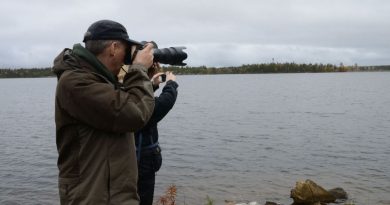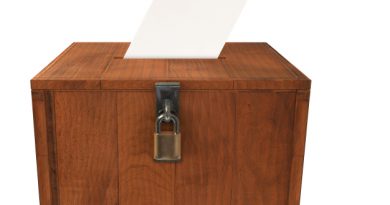Canada’s Northwest Territories to use online voting in general election
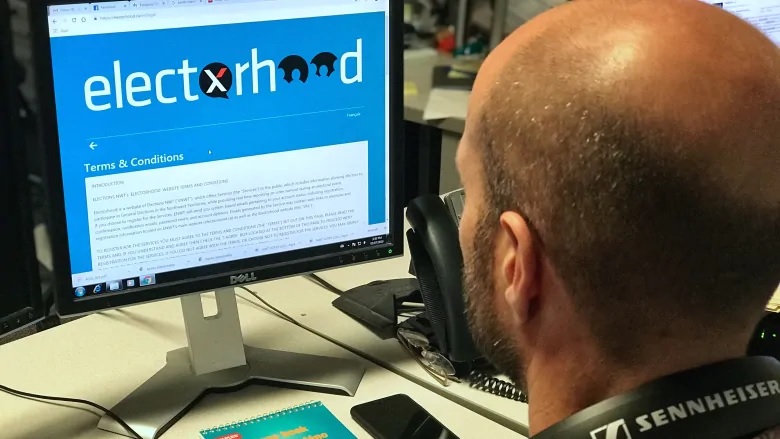
In a move to increase voter turnout, the Northwest Territories will soon become the first jurisdiction in Canada to use online voting in a provincial or territorial election.
Polls will open on Oct. 1 to elect 19 members to the N.W.T. Legislative Assembly, but people can vote in advanced polls as early as Sept. 6.
Voters can use a new website called Electorhood to access the Simply Voting online system to cast their ballots. Using the site, eligible voters can vote online from Sept. 6 up until the end of election day on Oct. 1 as long as they’ve registered for the absentee ballot beforehand.
It will be the first time a Canadian province or territory has used online voting in its general election.
“I know elections isn’t very sexy for a lot of people but they don’t realize that they have a Cadillac of a system,” said Nicole Latour, chief electoral officer of the N.W.T.
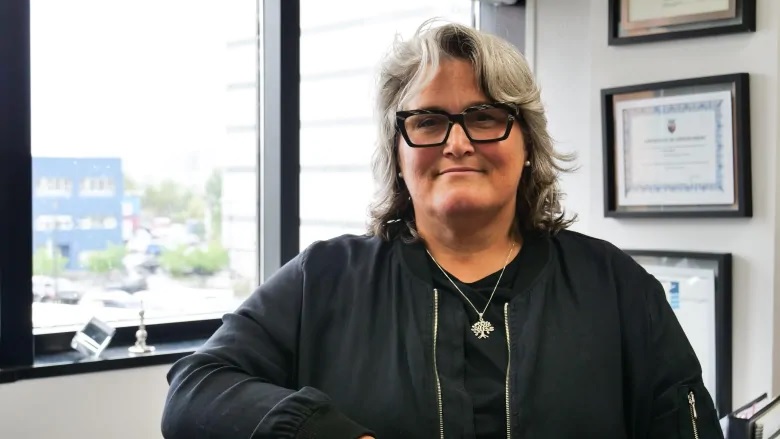
Latour says she’s optimistic the new website and online voting system will encourage more young people to log on and cast their ballots.
Voter turn out in the 2015 territorial election was only 44 per cent. The biggest no-shows were eligible voters age 18 to 35, with only a 20 per cent voter turnout.
Online voting is also less expensive than traditional paper ballots. Latour said the cost per eligible voter who votes by paper is between $30 and $50. The cost per online voter is less than $10.
Montreal-based company Simply Voting was created in 2003 and has been used in hundreds of municipal, Indigenous, union and university elections. The province of Prince Edward Island used the system in 2016.
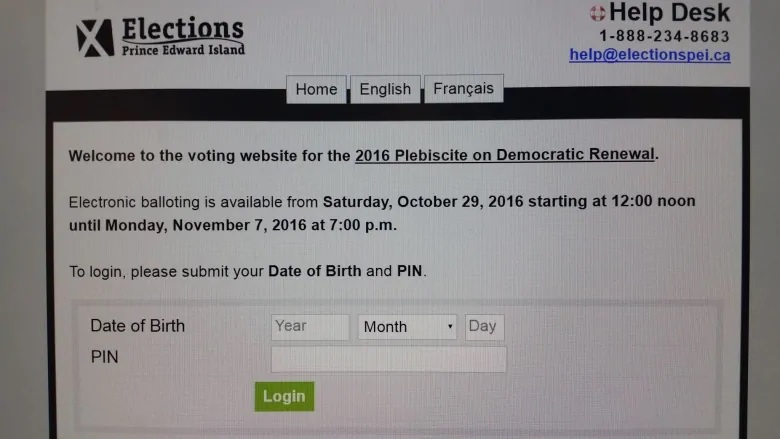
P.E.I.’s plebiscite on electoral reform, held over a 10-day period that fall, allowed voters to participate by voting online, by telephone, or with a traditional paper ballot. It was the first time in Canada that online voting was included as an option in a province-wide plebiscite.
The province saw great results with the platform. More than 80 per cent of voters who participated voted online.
Latour said she’s been in close contact with election officials in P.E.I. to learn from their experience with Simply Voting.
“You know, everybody asks us what do we do between elections,” Latour said. “It’s sorting some of this stuff and really looking at it in a critical way to see if this is something that we can bring forward.”
The efforts to push to online voting are just one of several efforts this year by Elections NWT to increase voter participation. Voters can apply for an absentee ballot from August 9 to September 21, and begin voting in the office of the returning officer on September 7 — three weeks before the election, giving voters 11 extra days when compared to 2015.
Not ready for federal elections
But online voting isn’t without its critics, who worry about the security of personal data and outside influence from hackers looking to sway results.
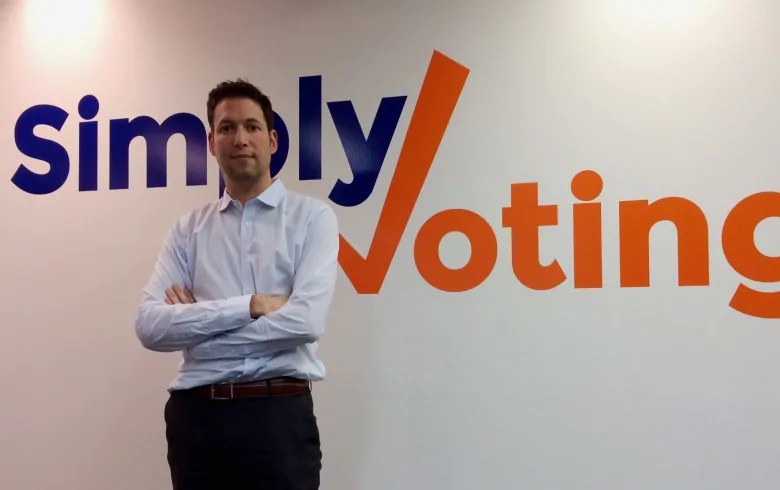
In a 2016 report to a federal committee looking into electoral reform, the president of Simply Voting recommended against using the platform in the upcoming federal election. President and founder Brian Lack wrote that “the heightened threat-level of a federal election pushes the security of internet voting past its limits and poses too much of a risk.”
In the end, the committee concluded a high-stakes federal election could attract groups looking to intervene in illicit ways through cyber-attacks, hacking or other means.
But Lack said online voting does and has worked for smaller elections, like the N.W.T.’s, where security threats aren’t as high.
Latour told CBC that the Electorhood site, including the Simply Voting platform, is currently being tested by technology company Hitachi.
Digital journalist and Ryerson University professor, Ramona Pringle says she’s cautiously optimistic about the future of the technology.

“I don’t think we should view tech solutions as a cure-all but I also think with the right precautions they can help make process like this more efficient and even secure,” Pringle told CBC in an email.
“There are always opportunities for this to go wrong — technical malfunctions, hacking, tampering. That said, there is a lot of room for error when we rely on human labour alone in this process. People make mistakes and have blind spots.”
As long as online voting is paired with the right amount of human oversight, Pringle says Canadian voters will be seeing more of it.
Eligible voters hoping to cast their ballot online need to sign up between Aug. 19 and Sept. 6 of this year through Elections N.W.T.
Related stories from around the North:
Canada: Laptop with health data stolen from Northern Canadian gov was unencrypted, CBC News
Norway: Norwegian aluminium giant Norsk Hydro hit by ransomware attack, Radio Canada International
Russia: Russian military to get fast, secure internet through trans-Arctic cable, The Independent Barents Observer
Sweden: Sweden police chief granted Canadian company access to sensitive data, Radio Sweden
United States: Unsecured database discovered with information from about 600,000 Alaska voters, Alaska Public Media

